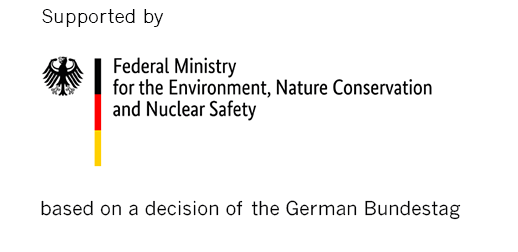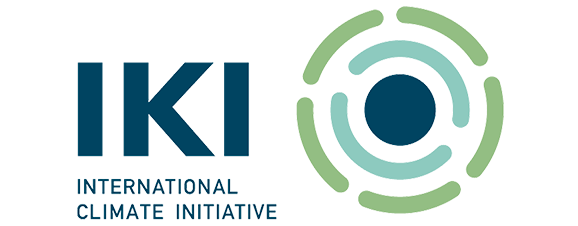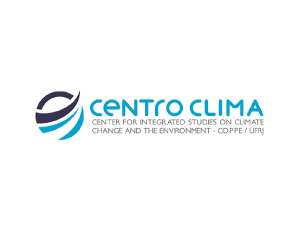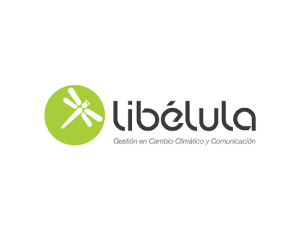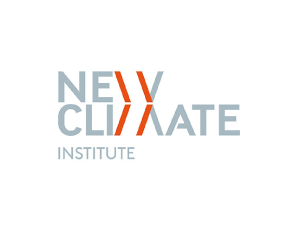Decarboost Project - Catalyzing Investments to
Decarbonize Latin America and the Caribbean
DescarbonizAR is the platform of the Decarboost Project for Argentina.
The objective is to disseminate information and outcomes at the country level, enhancing project outreach and providing relevant information to key stakeholders on decarbonization trends and opportunities.
Objective
Decarboost Project is structured in three outcomes that will be developed with focus on three main sectors















Objective
Decarboost Project is structured in three outcomes that will be developed with focus on three main sectors
Outcomes
News
About the regional project
The DecarBOOST project “Enabling conditions for investment in the transition to a low-carbon society in Latin American countries” aims to provide the evidence base for necessary policy reform and contribute to map out the conditions that may result in the rapid decarbonization of the economies of three Latin American countries: Argentina, Brazil and Peru.
This project is part of the International Climate Initiative (IKI). The Federal Ministry for the Environment, Nature Conservation and Nuclear Safety (BMU) supports this initiative on the basis of a decision adopted by the German Bundestag.
Regional Partners



